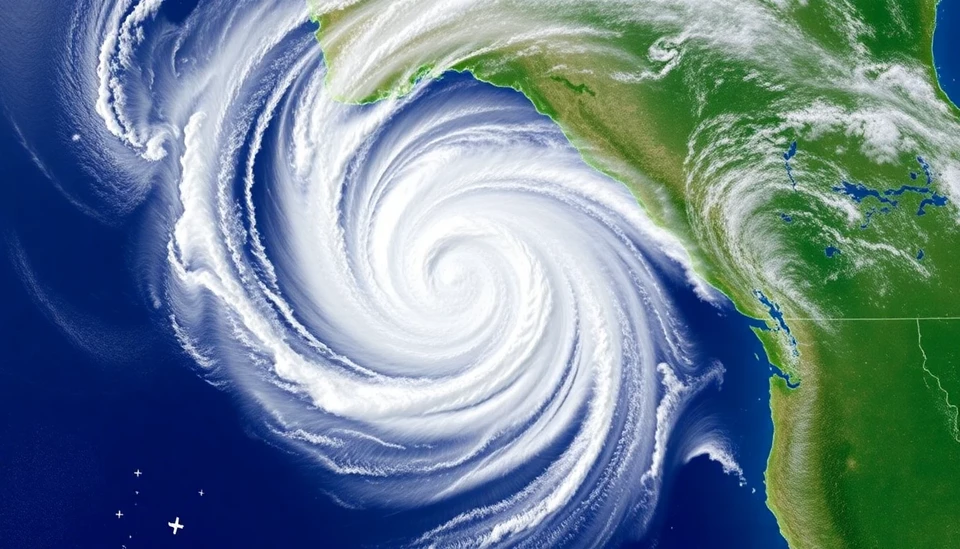
In an unprecedented meteorological event, Cyclone Alfred has captured global attention with its slow and erratic movement across the Indian Ocean. This cyclone, classified as a significant weather system, has presented considerable challenges for forecasters who rely on traditional models to predict its path and intensity.
Initially forming over warm ocean waters, Alfred has exhibited behavior that deviates from standard cyclone patterns. Forecasters anticipated a swift journey towards land, yet the cyclone has instead stalled and altered its course unexpectedly. This unpredictability has left experts scrambling to re-evaluate their forecasting models as they strive to provide timely and accurate information to affected regions.
The erratic nature of Cyclone Alfred is particularly alarming as it poses risks for areas that might not be prepared for such a prolonged weather event. Local authorities are on high alert, implementing emergency measures in coastal regions that are likely to experience heavy rainfall and potential flooding. This amplification of hazards further stresses the need for precise forecasting as communities brace for potential impacts.
Meteorologists have pointed to various factors contributing to Alfred's unusual behavior, including ocean temperatures and atmospheric conditions that are not aligning with typical cyclone development patterns. The difficulty in predicting the cyclone's path emphasizes the complexity of climate systems and the effect of global warming, which can lead to more erratic weather patterns.
As the cyclone continues its unpredictable journey, forecasters are actively monitoring developments and releasing regular updates. Communities along its potential path are advised to stay informed and prepared for any rapid changes in conditions. The slow nature of Cyclone Alfred's movement serves as a poignant reminder of the continuous challenges faced in the field of meteorology, particularly as climate change leads to increasing weather extremes.
With communities closely watching the cyclone's next moves, researchers are also using this event as an opportunity to gather data that may improve future forecasting models. The lessons learned from Alfred could play a crucial role in enhancing the understanding of cyclone behaviors and better preparing regions for future severe weather events.
The unpredictability of Cyclone Alfred not only highlights the complexities involved in forecasting but also reinforces the importance of being prepared for nature's surprises. As local and national agencies mobilize resources to support vulnerable populations, the global community remains focused on the cyclone, hoping for the safety of those in its projected path.
As Cyclone Alfred continues its journey, the world watches and waits, all too aware that in the realm of weather, uncertainty is a constant companion.
#CycloneAlfred #WeatherNews #MeteorologyChallenges #ClimateChange #NaturalDisasters #Forecasting
Author: Victoria Adams




